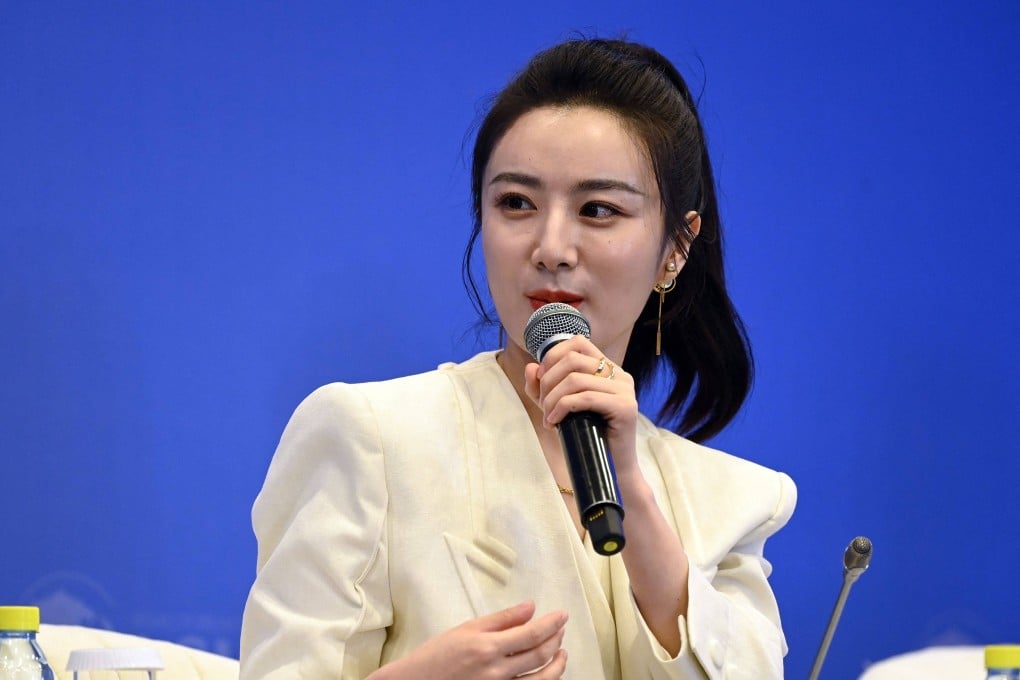Editorial | China must keep the influencers honest
- It is right for the government to discipline online superstars, but there can be no opaqueness or ambiguity when taking action

Viya, whose real name is Huang Wei, had more than 110 million followers on social media, enabling her to attract many to her live-streaming product endorsements. She reportedly sold 8.5 billion yuan in goods in just one evening during the recent Singles’ Day shopping spree on the Taobao platform. But the online world can be murky when it comes to earnings generated and the celebrity seller and her team were able to avoid paying more than 700 million yuan in taxes to authorities in the eastern province of Zhejiang in 2019 and 2020 through illegal means. She has admitted to hiding commission fees, declaring personal wages as corporate income and making false declarations. Her social media accounts have disappeared.
She is the latest of a string of celebrities to have fallen from favour for tax evasion, online activities considered inappropriate or not setting a good moral example. Chinese authorities expect all in the public eye, especially those profiting from fame, to be righteous, upstanding and hard-working for fans and followers to emulate. In the midst of President Xi Jinping’s national drive for “common prosperity”, in which the wealthy are to help those less fortunate, there is even greater pressure for model behaviour.
Many young people have ambitions to become live-streamers. Small and medium-sized companies increasingly rely on influencers to get products to public attention. The online world is constantly evolving and authorities need to intelligently respond to e-commerce developments. It is right for the government to discipline online superstars, but there can be no opaqueness or ambiguity when taking action.
